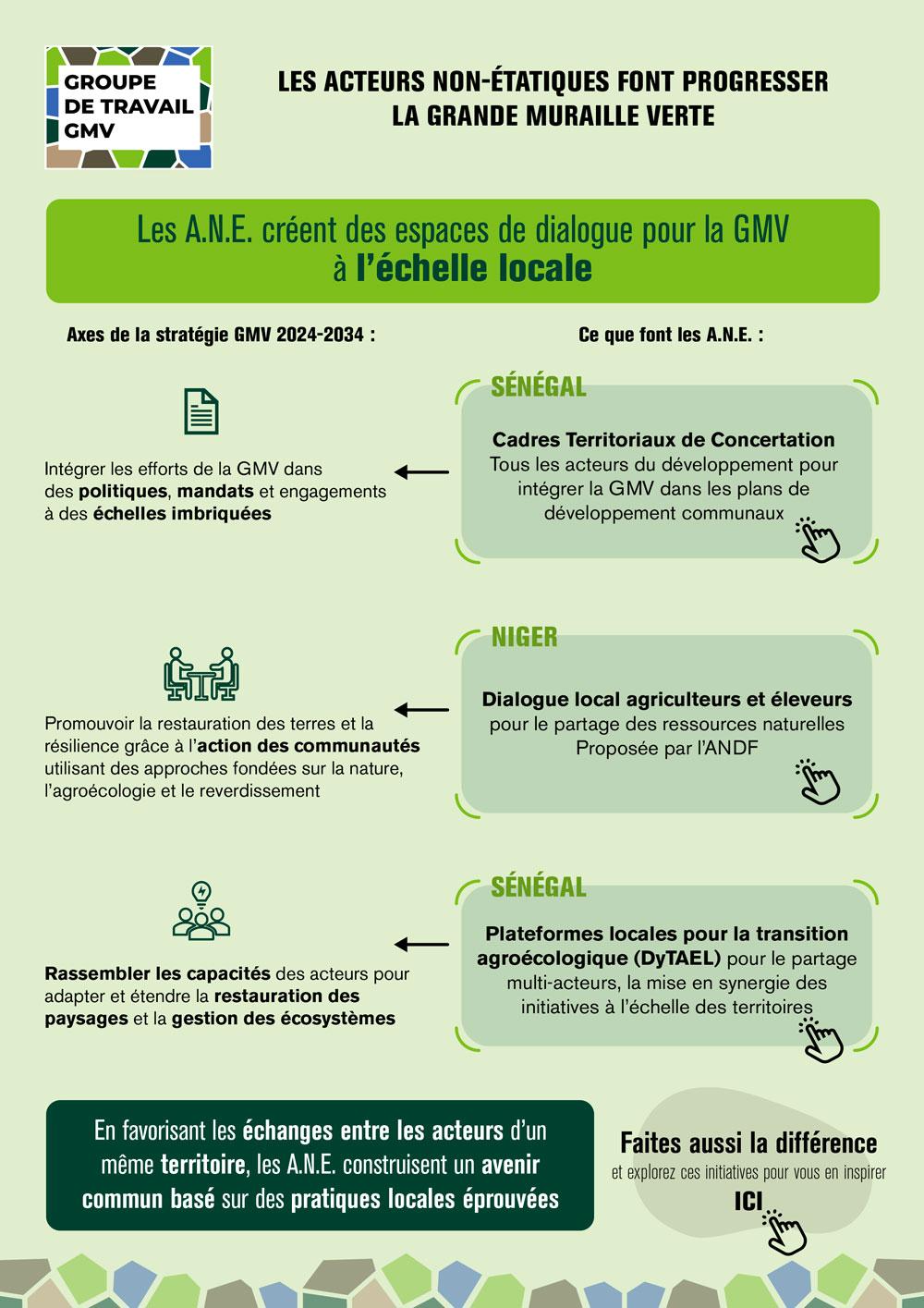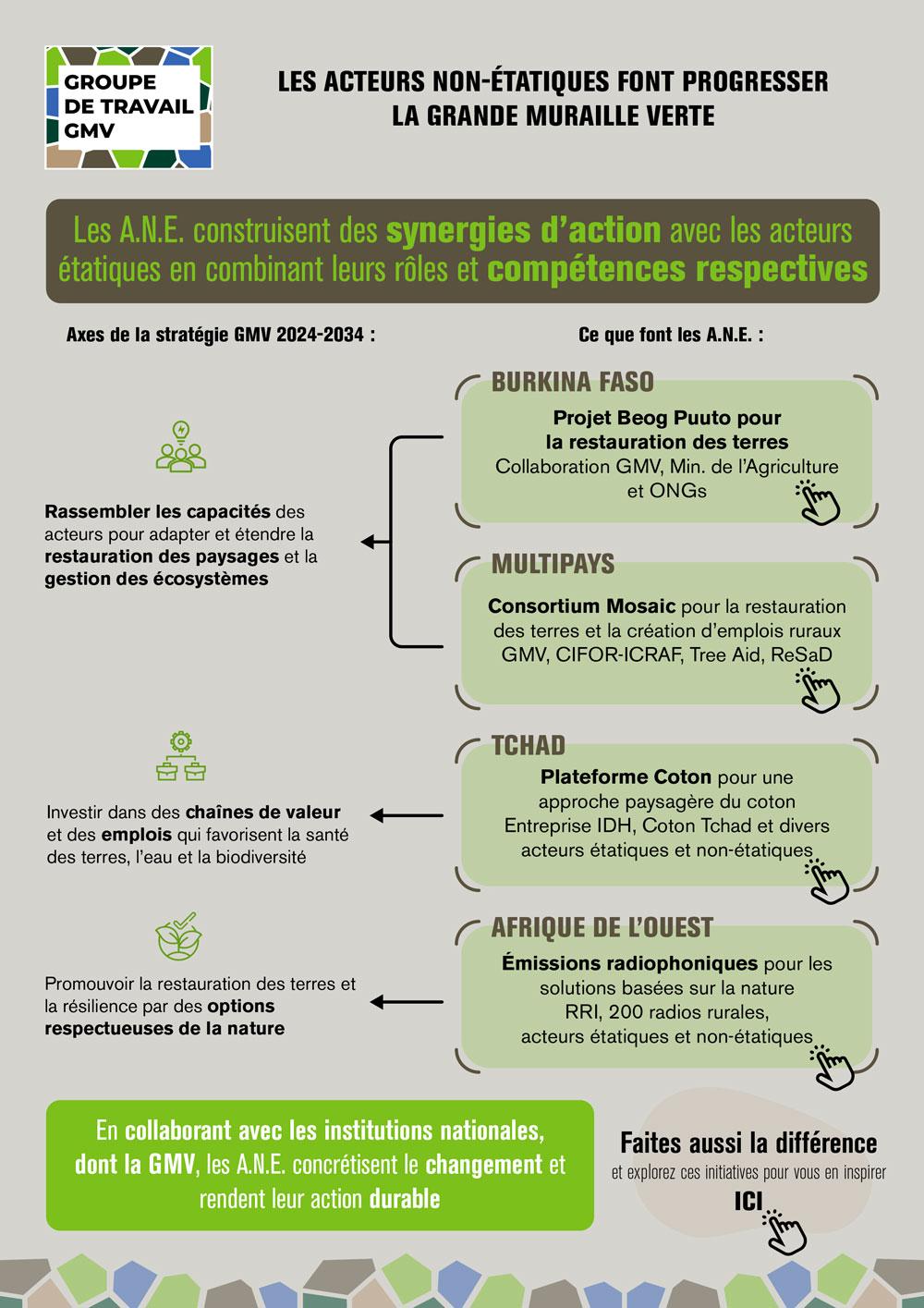
En favorisant les échanges entre les acteurs d'un même territoire, les A.N.E. construisent un avenir commun basé sur des pratiques locales éprouvées

Les A.N.E. construisent des synergies d'action avec les acteurs étatiques en combinant leurs rôles et compétences respectives.
![[node:title]](/sites/default/files/styles/document/public/Ressource/images/gysyj1rwaaeez6n.png?itok=83gA4dcr)
Want to empower women through land and resource rights? Learn how the RBET framework can help you move from "reach" to "transformation." This guide explores how to design & implement effective programs that empower women.
![[node:title]](/sites/default/files/styles/document/public/Ressource/images/global-drought-snapshot-2023-1.jpg?itok=MsQKP61O)
The numbers presented in the new publication on drought speak volumes about the urgency of addressing this pressing issue. To combat the negative effects of drought, global drought resilience is not a matter of choice but a necessity. By prioritizing proactive measures, holistic landscape restoration, sustainable water management, regenerative agricultural practices and disaster preparedness, countries can reduce their vulnerability to drought and regenerate healthy ecological systems that all of humanity relies on for its well-being.
![[node:title]](/sites/default/files/styles/document/public/Ressource/images/avis-pregec-niamey_septembre2024_fr-1.jpg?itok=JkBHjAky)
Les participants à la concertation régionale du dispositif de Prévention et de Gestion des Crises Alimentaires (PREGEC) au Sahel et en Afrique de l'Ouest, tenue du 16 au 18 septembre 2024 à Niamey au Niger, ont évalué le déroulement de la campagne agropastorale 2024-2025 en mi-septem-bre et en ont tiré les conclusions suivantes.
![[node:title]](/sites/default/files/styles/document/public/Ressource/images/guide-d_acces-aux-financement-climat-1.jpg?itok=us0aWaQo)
POURQUOI EST-IL IMPORTANT D’ÉLABORER CE GUIDE ? Au Sénégal, les acteurs territoriaux ne disposent pas toujours d’informations précises et actuelles sur les sources de financement, sur les moyens d’y accéder, sur les acteurs et leurs rôles respectifs. Améliorer l’accès à ces informations permettra aux acteurs territoriaux de mieux s’assurer que les financements répondent plus efficacement aux besoins des communautés pauvres et vulnérables aux changements climatiques.
